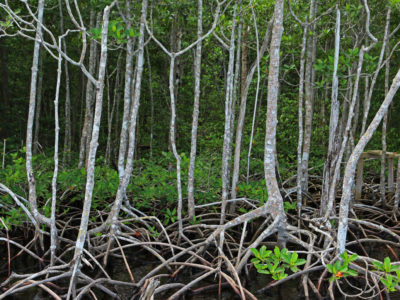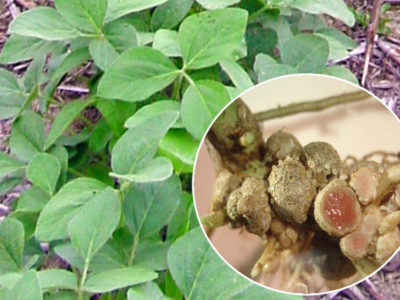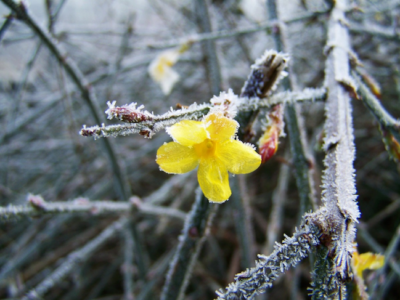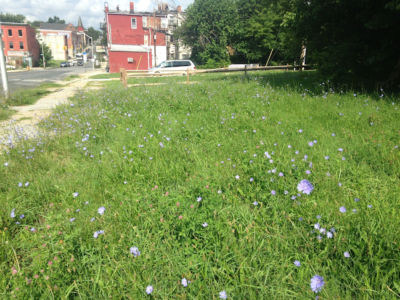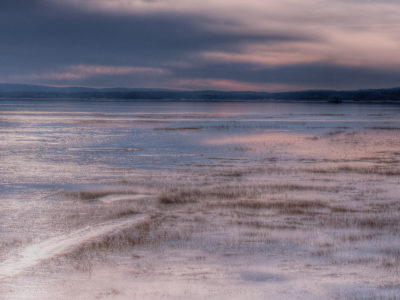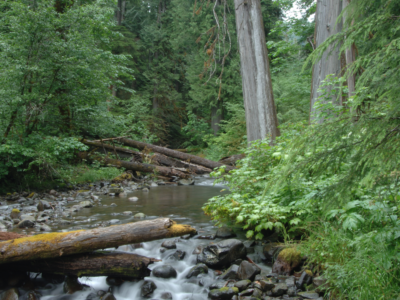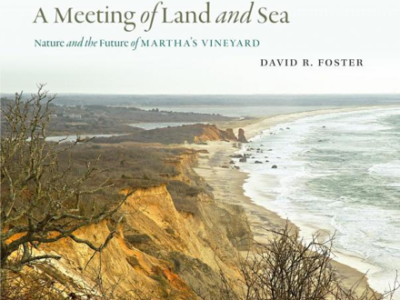LTER All Scientists’ Meeting October 1-4, 2018
2018 LTER ASM — Next Generation Synthesis: Strategies and Solutions Planning for the 2018 LTER All Scientists’ Meeting is underway. Dates: Pre-meeting: September 30, 2018 Science Council and other committee meetings Main Meeting: October 1-4, 2018 Credit: © Asilomar Conference GroundsLocation: Asilomar Conference Grounds, Pacific Grove, CA Planning Committee: Katharine Suding, Niwot Ridge LTER (Chair) Sven… Read more »

